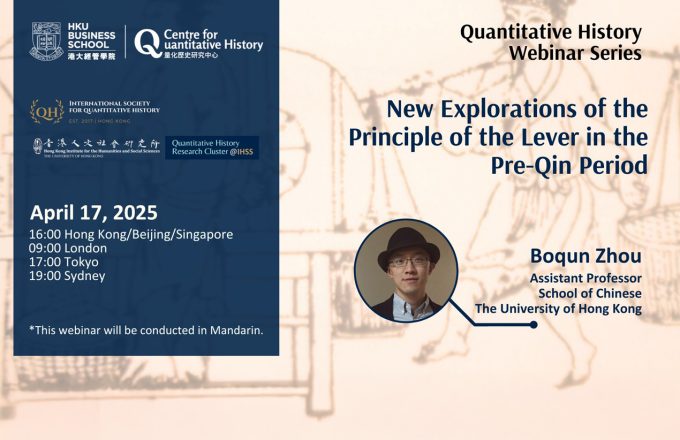
“Doubts, Inequality, and Bubbles” by Professor Kenneth Kasa
Kenneth Kasa
Simon Frazer University
Two agents trade an indivisible asset. They are risk neutral and share a common benchmark dividend model. However, each has doubts about the specification of this model. These doubts manifest themselves as a preference for robustness (Hansen and Sargent (2008)). Robust preferences introduce pessimistic drift distortions into the benchmark dividend process. These distortions increase with the level of wealth, and give rise to endogenous heterogeneous beliefs. Belief heterogeneity allows asset price bubbles to emerge, as in Scheinkman and Xiong (2003). A novel implication of our analysis is that bubbles occur when wealth inequality increases. Empirical evidence supports this prediction. Detection error probabilities suggest that the implied degree of belief heterogeneity is empirically plausible.







